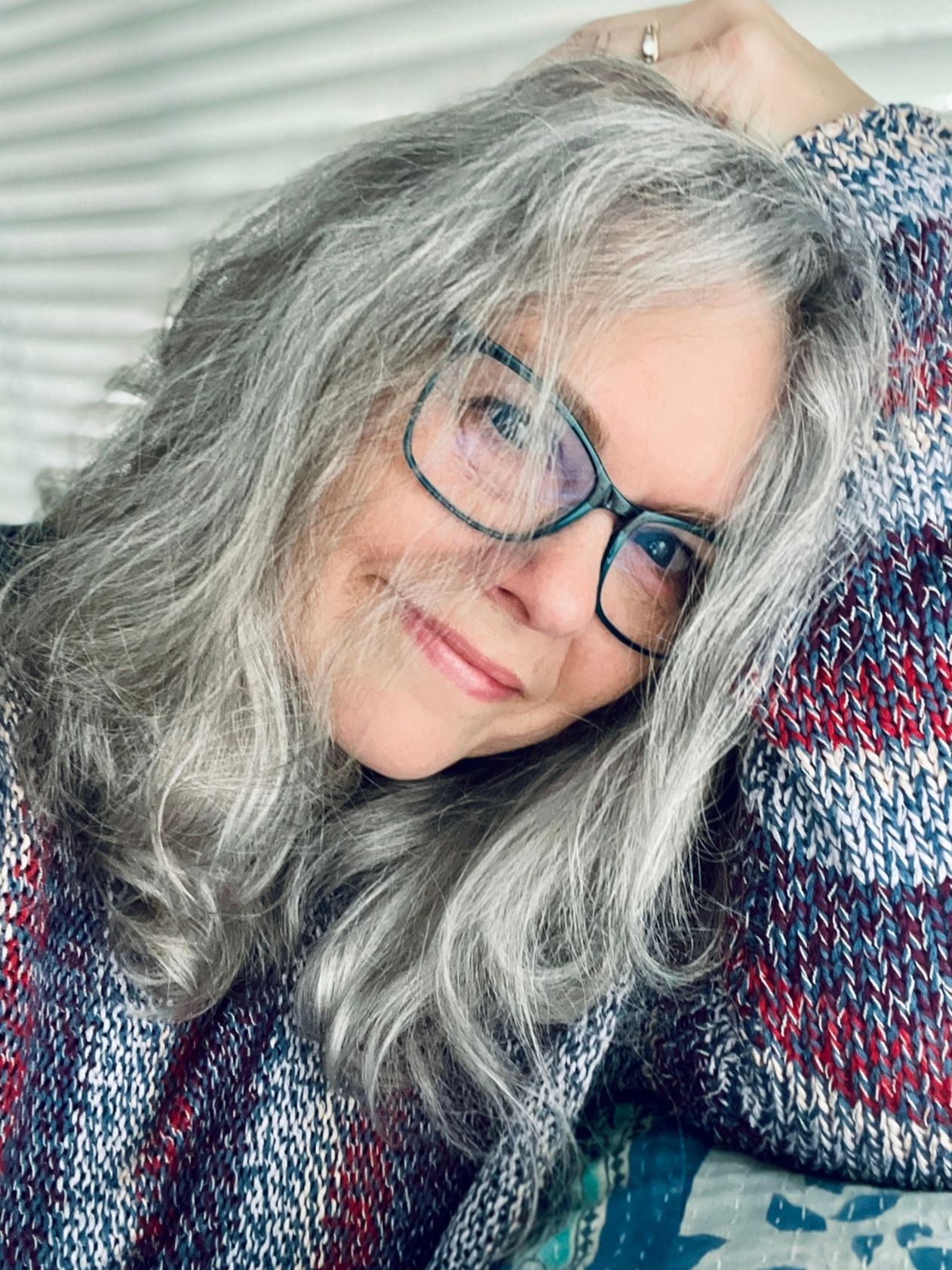Poetry speaks to the human condition, cutting to the heart of what it means to be alive. A well-written poetic line can ask us to contemplate our own mortality and reflect on the experiences and memories that define who we are. The poems that we can quote by heart are the ones that resonate on a deeply personal level; as T.S. Eliot observed, “Genuine poetry can communicate before it is understood.”
These iconic opening lines of poems have stayed with us through the years because they explore universal messages of love and longing, hope and grief, anger and acceptance. Leveraging the power of words to convey ideas in imaginative, evocative ways, they ask the questions we can’t answer, force us to engage with our deepest hopes and fears, and unite us in our shared human experience.
Once upon a midnight dreary, while I pondered, weak and weary“The Raven” by Edgar Allan Poe, 1845
Edgar Allan Poe is considered the father of the detective fiction genre, as well as one of the early adopters of the short story format in the U.S. He was also a prolific poet, best known for his narrative poem “The Raven.” This melodic and atmospheric work centers on the narrator’s longing and grief as he spirals into madness, emphasizing a singular word emphasized throughout the poem that has become synonymous with Poe: “Nevermore.”
Because I could not stop for Death – / He kindly stopped for me"Because I could not stop for Death" by Emily Dickinson, 1890
In this posthumously published poem, Emily Dickinson personifies “Death” as a gentleman who accompanies her on a carriage ride to her grave. The world goes on around them as they make their slow journey, reflecting the inevitability of death. Also in the carriage is “Immortality,” a silent spectator who could be another personification or a representation of the narrator’s uncertainty about what happens after life.
What happens to a dream deferred?“Harlem” by Langston Hughes, 1951
One of the most influential figures of the literary and intellectual movement known as the Harlem Renaissance, Langston Hughes wrote honestly about the experiences of Black people in 20th-century America. His poem “Harlem” reflects on the hardships he encountered as a Black writer in a culture of systemic racism — and it’s a message that continues to echo for many Black Americans.
How do I love thee? Let me count the ways.“How Do I Love Thee?” (Sonnet 43) by Elizabeth Barrett Browning, 1850
Before she penned one of the most quoted sonnets of all time, Elizabeth Barrett’s success as a poet caught the attention of the writer Robert Browning. Their real-life love story was immortalized in the 44 love poems published in Barrett Browning’s collection Sonnets From the Portuguese, the title of which comes from Robert’s pet name for her: “my little Portuguese.”
I saw the best minds of my generation destroyed by madness, starving hysterical naked…“Howl” by Allen Ginsberg, 1956
Along with Jack Kerouac and William Burroughs, Allen Ginsberg was one of the core members of the Beat Generation. A visionary poet who considered conformity and capitalism to be society’s greatest plagues, Ginsberg poured his anger and frustration into his seminal poem “Howl.” With its raw, rhythmic style and controversial subject matter, this groundbreaking, three-part poem broke the rules of traditional poetry and generated tremendous controversy.
Let us go then, you and I“The Love Song of J. Alfred Prufrock” by T.S. Eliot, 1915
This stream-of-consciousness poem is more commonly known as simply “Prufrock” and was T.S. Eliot’s first professionally published poem. The narrator’s thoughts are filled with mundane references and surprising metaphors, ensuring that the reader remains as uncomfortable as the aging, uncertain Prufrock. It’s a poem that is on required reading lists in high school, but is perhaps best appreciated with age.
I celebrate myself, and sing myself"Song of Myself" by Walt Whitman, 1855
Originally an untitled poem included in Walt Whitman’s Leaves of Grass collection, “Song of Myself” is considered one of the most influential works in American poetry. This epic poem covers a lot of ground, much of it considered controversial at the time it was published, from sex and race to religion and politics.
Shall I compare thee to a summer’s day?“Sonnet 18” by William Shakespeare, 1609
One of the most famous of Shakespeare’s 154 sonnets, “Sonnet 18” deals with the familiar topics of love and immortality. Shakespeare gives the theme a different spin, however, suggesting that the “Fair Youth” will be immortalized by his poem.
You may write me down in history / With your bitter, twisted lies“Still I Rise” by Maya Angelou, 1978
This powerful poem, included in Maya Angelou’s third poetry collection, And Still I Rise, celebrates the resilience of the human spirit. It also serves as a call to others to resist oppression and discrimination, a consistent theme throughout her body of work. “All my work is meant to say, ‘You may encounter many defeats, but you must not be defeated,’” Angelou has said. “In fact, the encountering may be the very experience which creates the vitality and the power to endure.”
Stop all the clocks, cut off the telephone“Funeral Blues” by W.H. Auden, 1936
Also known as “Stop All the Clocks,” “Funeral Blues” was originally an untitled poem included in the 1936 satirical play The Ascent of F6. Heartrending and lyrical, it became an elegy of the AIDS era and gained pop culture fame thanks to the 1994 movie Four Weddings and a Funeral. In the film, the poem is recited in its entirety by Matthew (played by John Hannah), a gay man whose partner dies unexpectedly.
Photo credit: John Gay/ Hulton Archive via Getty Images
















